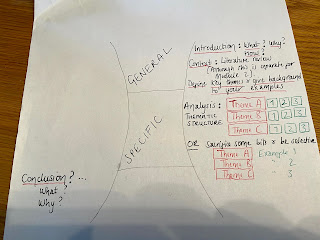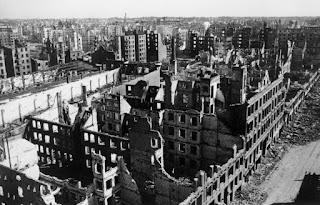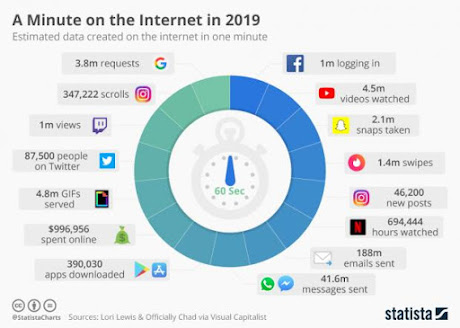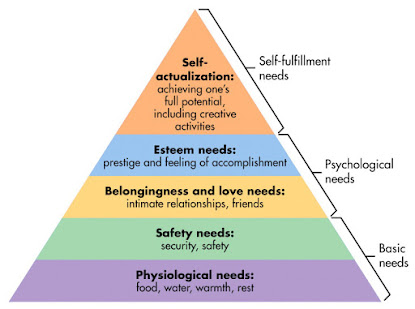What does it all mean to me?

Need I say more...!? A simple post from me and the first for a long time! Unfortunately, (I shouldn't say unfortunately but )my personal life has just taken over this semester. Gave birth to a little boy on 7th September and so everything has been a bit chaotic. In Module 2 and 3 I have reflected on my personal struggle with balancing work and family as I found the intensive rehearsal periods, late nights, financial instability hard to deal with with my daughter 2 years ago. That was really what lead me down the path of my Inquiry, and although my question is not directly about that it was that significant period of my life that ignited this "little wonder". I then turned to focus more on the transition as a whole and the experience of my transition professionally. I had been a musical theatre performer but progressed or transitioned into assistant directing and choreographing. At this time I went through a personal struggle with me missing and almost regretting not bei...





